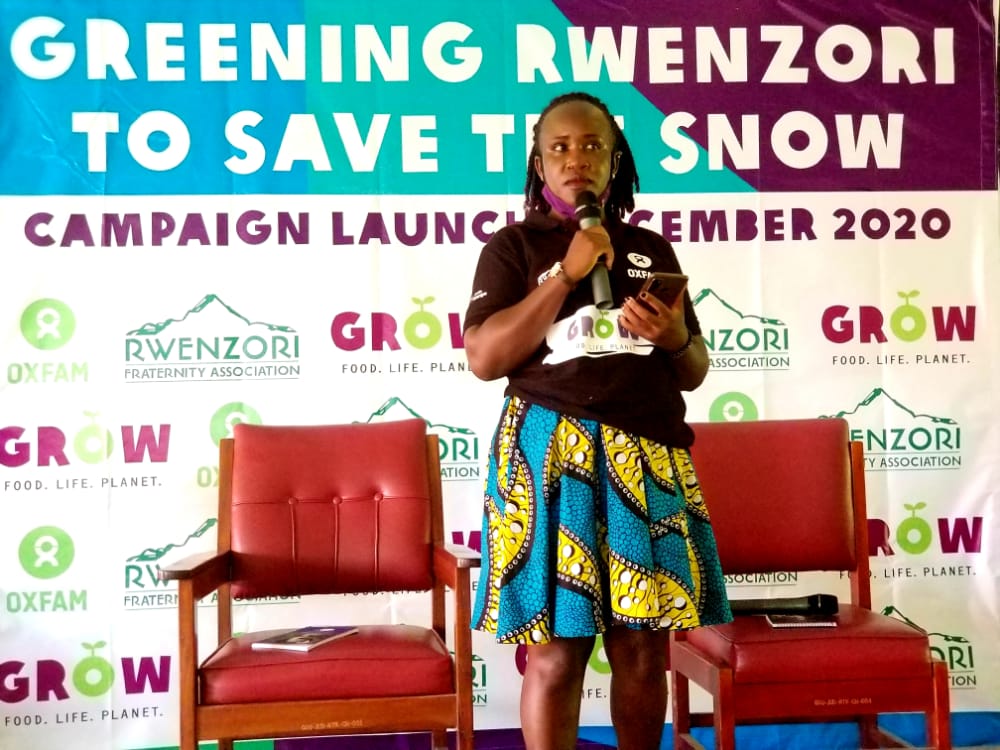Business
Immaculate Chandini : Women Activists Advocate Recognition and Compensation for Unpaid Care Work

Women activists are pushing for the acknowledgment of unpaid care work as valuable, emphasizing its significant contribution to the social and economic development of societies. During a validation workshop at Mestil Hotel, where academicians, activists, and government officials convened to discuss research on the implementation of care policies in Uganda, the activists highlighted the need for increased attention to and recognition of unpaid care work.
Peace Immaculate Chandini, the Women’s Rights Coordinator of Oxfam in Uganda, expressed concern about the lack of attention and value attached to unpaid care work in society. Unpaid care work encompasses domestic chores and the care of children, the sick, and the elderly without any financial or economic compensation.
Global research indicates that 78.4 percent of households worldwide are headed by women who bear the financial and childcare responsibilities without support from fathers. The majority of unpaid care work is carried out by women and girls from socially disadvantaged groups.
High Court Orders Compensation in Illegal Land Subdivision Case Involving Sir Apollo Kaggwa’s Family
Chandini emphasized that recognizing unpaid care work as valuable would lead to discussions about its redistribution, reducing the burden primarily placed on women and girls. This redistribution, she argued, would allow women to engage in other productive ventures.
However, Chandini noted that current policies in Uganda lack strength in promoting unpaid care work as paid work.
Oxfam and Uganda Women’s Network (UWONET) commissioned a study titled “The National Roll-out of the Care Policy Scorecard in Uganda 2022: A Contextualized Analysis of Uganda’s Investment and Policy Action on Care and Domestic Work,” led by Ass. Prof. Mary Sonko from Uganda Christian University.
Preliminary results from the ongoing study indicate a need for better policy formulation and implementation to recognize unpaid care work as legitimate work, according to Chandini.
Paulina Kiwangu, the UN Women’s Country Director in Uganda, urged society to engage in a discussion about compensating currently unpaid care work. She emphasized the necessity of appreciating the value of this work and urged the government to introduce and implement policies that support care work.
Kiwangu suggested a mindset change to address societal expectations and gender roles, advocating for positive masculinity that doesn’t burden certain sections of society, particularly women.
Kampala Receives Inaugural Shanghai Award for Sustainable Urban Development
During the meeting, Rita Aciro, the Executive Director of UWONET, proposed reframing the issue to position it as a fundamental development and social concern, suitable for a comprehensive social campaign. Aciro emphasized that discussions about unpaid care often face resistance, with misconceptions about women seeking payment for domestic work. She highlighted the broader societal impact, noting that negative outcomes affect not only the predominantly female caretakers but society as a whole.
Dr. Peace Musiimenta, a Gender Studies lecturer at Makerere University, emphasized that unpaid care work should not be viewed solely as a burden on women but also as a deprivation for men. Dr. Musiimenta called for reflection on societal perspectives of masculinity, citing examples during the COVID-19 pandemic when men were restricted from participating in certain household tasks traditionally considered “women’s work.”
